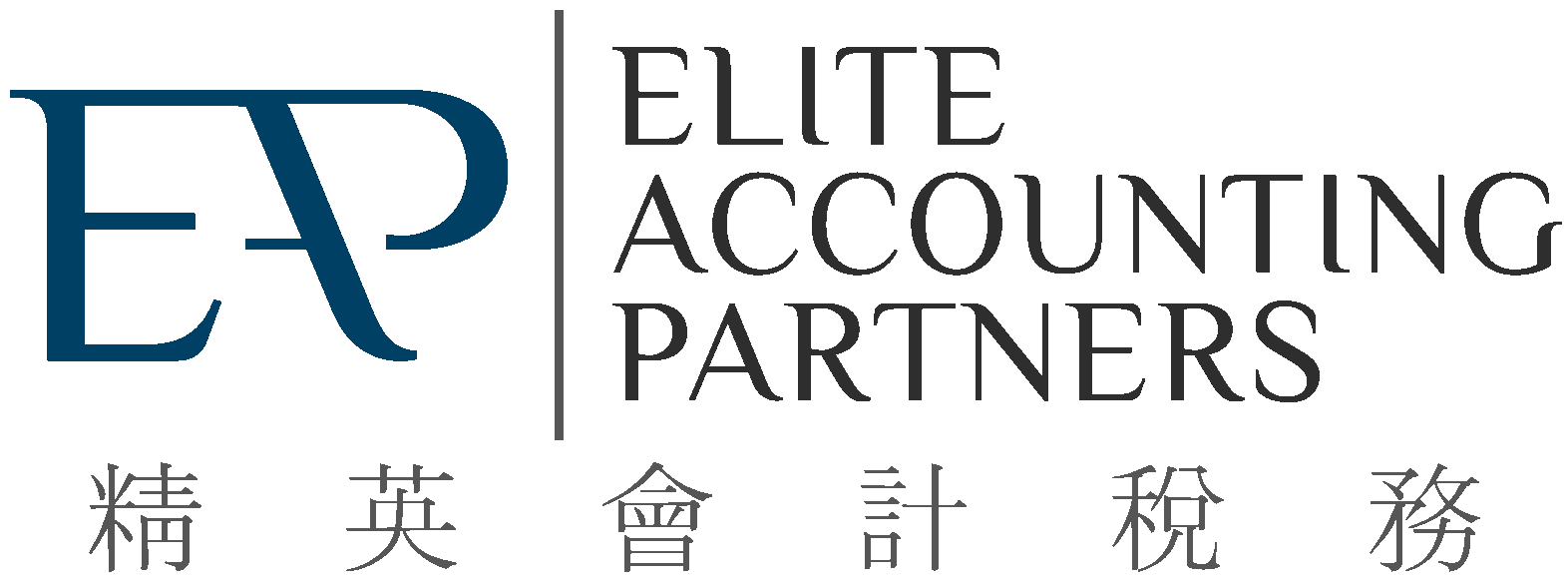Tax man hits the streets looking for cash
- Johnny Su

- Mar 3, 2017
- 3 min read
THE tax man is launching a compliance crackdown on small businesses operating in cash as it seeks to claw back some of the $23 billion lost to the “black economy”.
Officers from the Australian Taxation Office will visit more than 400 businesses across Perth and Canberra over the next month as part of a campaign to “help small businesses stay on top of their tax affairs”.
The ATO will collect data during the visits, “which we may later use for audit purposes with businesses that are doing the wrong thing”, a spokeswoman said.
“Local visits and interactions provide one-on-one education with small businesses about the tools and information they need to correctly register, lodge on time, maintain accurate business records, and correct any mistakes,” she said.
Assistant Commissioner Tom Wheeler said in a statement the ATO was focused on businesses operating in the cash and hidden economy to ensure fairness for all businesses and the community.
“Our officers will be visiting restaurants and cafes, hair and beauty and other small businesses in Perth and Canberra to make sure their registration details are up to date,” Mr Wheeler said. “These industries are on our radar because they have ready access to cash, and this is a major risk indicator.”
According to the ATO, 45 per cent of businesses in the restaurant, cafe, takeaway and catering industry are potentially cash only, with 14 per cent of businesses reporting amounts “significantly outside” the industry benchmark.
In the hair and beauty industry, 58 per cent of businesses are potentially cash only, with 10 per cent reporting amounts significantly outside the benchmark. The two sectors respectively had the second- and third-highest number of community reports about potential tax evasion, behind building and construction.
“Visiting these businesses in person is about helping them to meet their obligations,” Mr Wheeler said. “Through the visits we can quickly identify who needs extra support and make it easier for them to comply.
“We know that the majority of businesses get it right, so our first aim is to help businesses by checking they are properly registered and provide them with an opportunity to ask questions in person. We then work to protect honest businesses from unfair competition by taking action against those who do the wrong thing.”
Mr Wheeler said the community played an important role in making the tax system fair for everyone. “We take reports from the community very seriously,” he said. “The industries we’re visiting have some of the highest rates of concerns reported to us from across the country.”
“The visits are part of an ongoing program of work, which is making its way around the country. We are taking the time to educate and support small businesses and their representatives who might not know how to meet their obligations. So far we’ve met businesses in Sydney, Adelaide, Melbourne and the Gold Coast.”
Peter Strong, chief executive of the Council of Small Business of Australia, said only the small number of businesses doing the wrong thing had anything to worry about.
“There are not many, but you’re always going to get some that do the wrong thing. That’s why we have regulators,” Mr Strong said.
“Those industries, when they talk to us they say we’ve got to get rid of the bad people. Our members are adamant they want to stop people getting a leg up on the competition by cheating. In hairdressing the backyard operators who work in cash are a real problem, they put the industry at risk.”
Mr Strong said the tax office was “normally very fair” if businesses had inadvertently made a mistake. “They want to minimise any disruption to the good, honest people,” he said. “If you’re worried about it go to your accountant. If there’s an issue around the complexity of the system, that’s something the tax office wants to hear about.”
It comes amid a Federal Government review of the cash economy and the $100 note, announced in December’s midyear budget update.



Comments